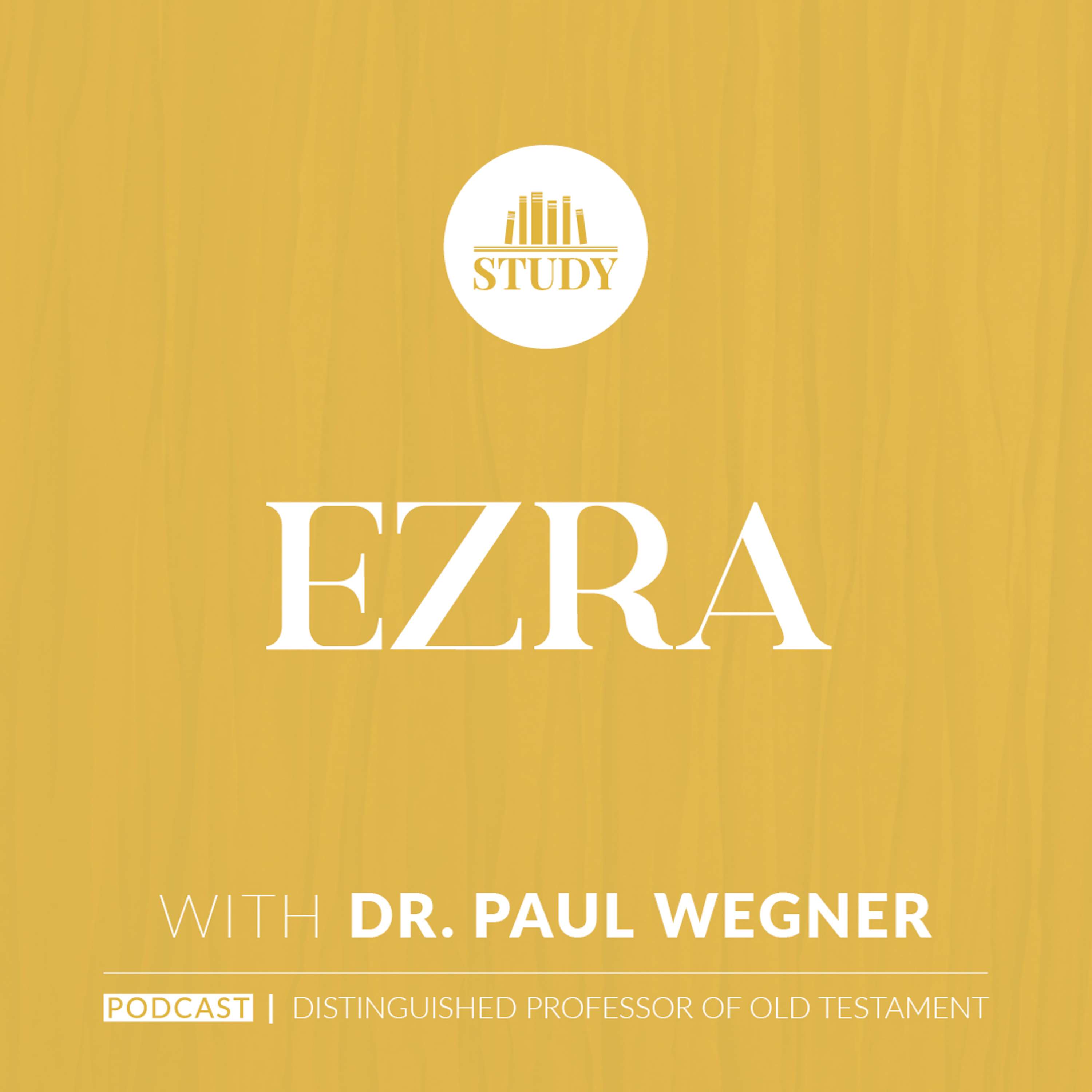As we consider how online education theory can inform ways to create a healthy community at a distance, the next component in our “Community of Inquiry” framework is to facilitate ways for the church leadership to interact with members.
Sometimes we forget how important a quick phone call, text, or written note directly from the pastor or church leader can be. Today, Dr. Iorg, President of Gateway Seminary, called me on the phone just to check on my family. He knows that I have little ones at home with school being canceled and simply took the time to make sure we were OK. It didn’t take him more than a couple of minutes, but it was a huge encouragement that shows he cares.
As you and your leaders seek to provide the shepherding and personal care needed in this crisis, here are some ideas for making that connection both sustainable and meaningful:
Divide and Conquer: Grab your database of members, divide them into manageable groups, and give your leaders a group. Provide a bit of counsel to the leaders to help them encourage members through fear, anxiety, need, and isolation. Make sure that each leader has made a connection with each person in their group at least once a week, if not more.
Make Varied Connections: If possible, ask your leaders to attempt a connection point with each group member in a couple of different ways throughout the duration of the crisis. They should attempt a call, a text, an email, and even via social media. You can use the member’s preferred communication channel to follow up in the future.
Connect and Encourage Connection: When connecting with members, encourage those members to choose a couple people to connect with on their own. Getting many people to talk together and check on one another is an ideal way to cultivate community at a distance. The next blog post in this series will address this particular point in detail.
Funnel Needs Back to the Leadership Team: As your team connects with members, and members connect with others, request that needs be funneled back to the team as a whole so that your church can care for the needy or vulnerable in this time. Follow up with those pressing needs and attempt to serve them the best you and your team can.
Don’t Forget Visitors: One incredible opportunity you and your team have right now is to connect with visitors from the past year. If they have completed a visitor card, you can call, text or email just to say something like, “Hey, we have your number on file from your visit to First Baptist back in November and we just wanted to check on you during this crisis. Our church is here for you. We have a livestream available if you are able to watch from home. Can I pray for you?” Perhaps they need community and care more than ever and might be highly receptive to the gospel at this time.
Read More

Excerpt — Towards a Clearer Understanding of Jonathan Edwards’s Biblical Typology: A Case Study in the ‘Blank Bible’
Dr. Cameron Schweitzer provides new insights into Jonathan Edwards’s often mischaracterized typology.

Seeing the Unseen
CSBC Women’s Ministry Director Cathie Smith shares how the church can serve the marginalized in its community.
Listen
Historical Books | Ezra
God is faithful and sends Israel Ezra the scribe when they need him most. But will the people turn from their idolatrous ways and foreign wives?

Watch

Jonathan Edwards and the Asbury Revival
Chris Chun and Chris Woznicki discuss the signs of true revival, signs of the work of the Holy Spirit, and why it is important to critically assess the characteristics of revival in a spirit of charity.

Jonathan Edwards and the Baptists | Douglas Sweeney, Nathan Finn and Chris Chun
Dr. Douglas Sweeney and Dr. Nathan Finn joined Dr. Chris Chun for a panel discussion on Jonathan Edwards, recorded live at the SBC Annual Meeting in Anaheim.





